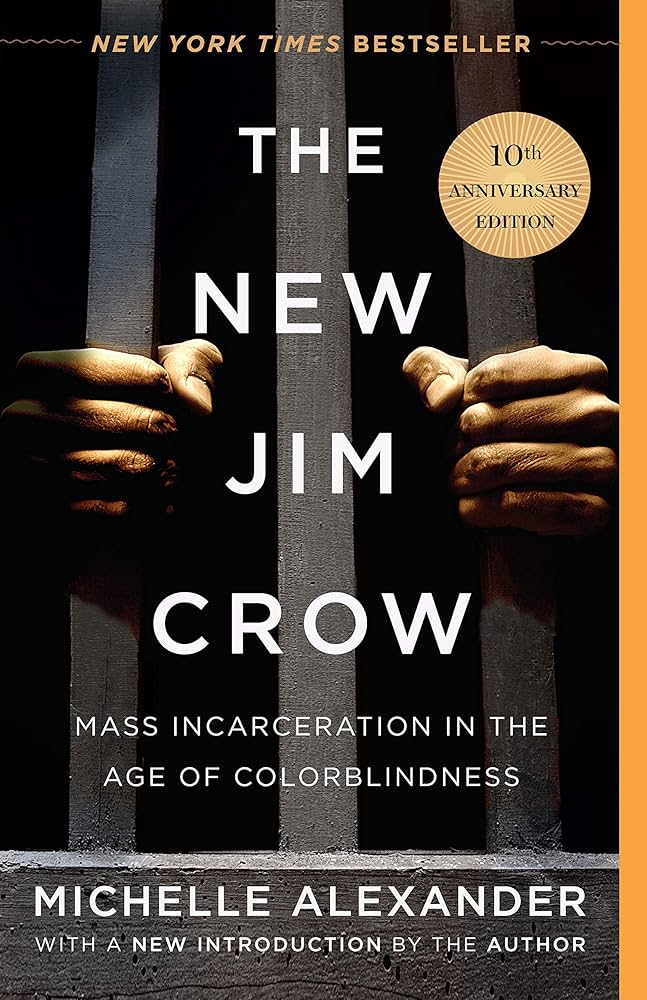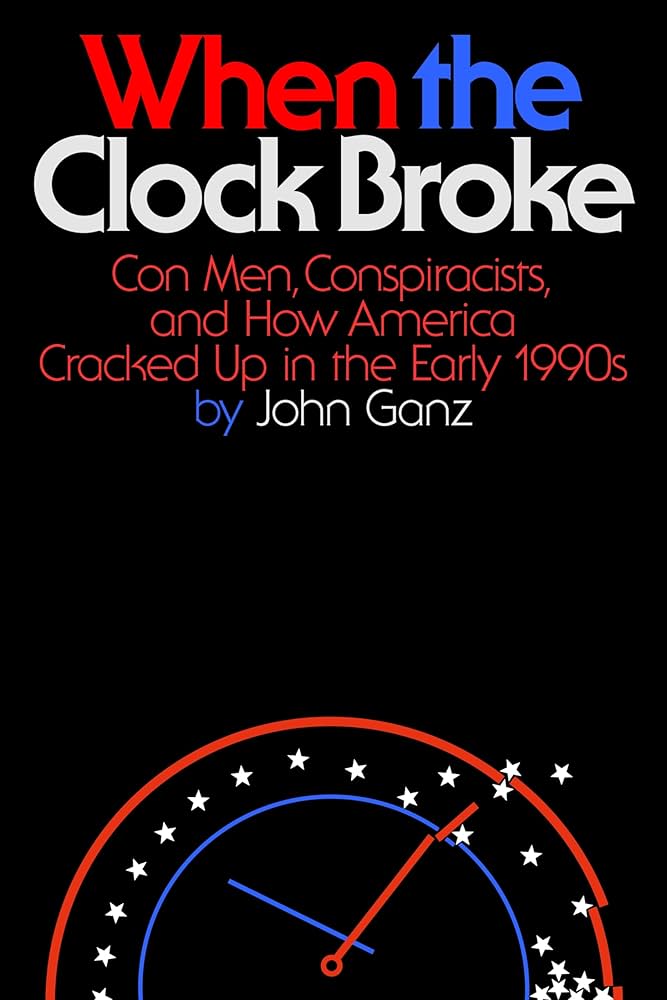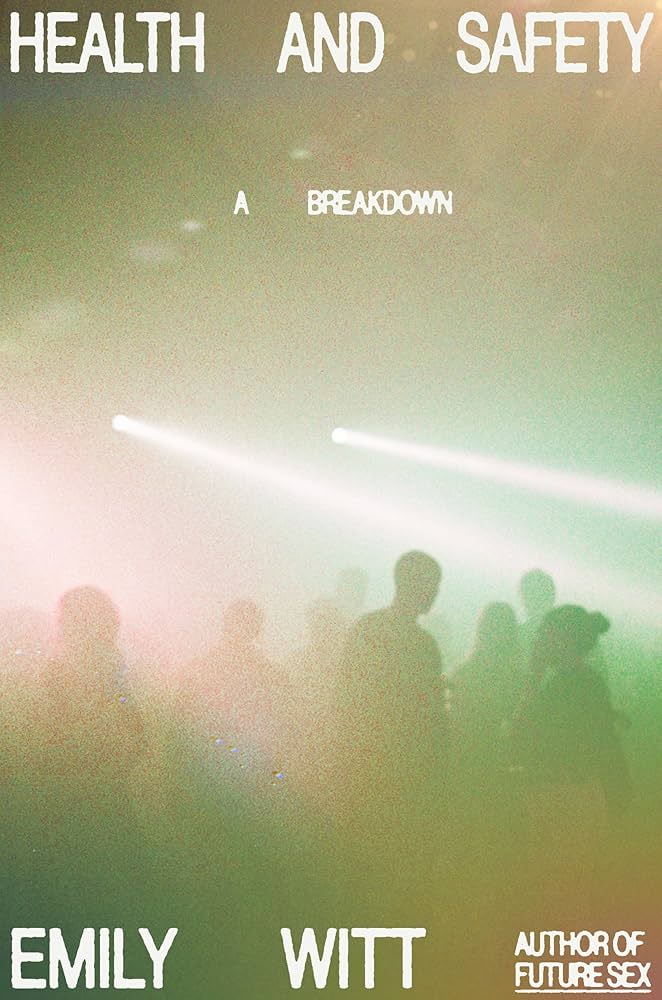For the record, if it matters, I’m not American.
I read the 10th anniversary edition of this book that has a lengthy preface (the first edition was published in 2010, the second in pre-pandemic 2020). The first came out shortly after Obama’s first election, and presciently, Alexander doesn’t fall into the trap of optimism that so many did in those days. Good thing. And even though so much has happened on the civil rights front since the pandemic, very little has changed on a structural level.
This book hits like a sledgehammer. Every lengthy chapter is filled with history, politics and arguments that will open your eyes, even if (like me) you think yourself pretty well-read and progressive.
This book is also a prototype for the perfectly-structured persuasive nonfiction book – it articulates a bold thesis upfront, and each of the 6 chapters builds upon the last to structure an argument that, by the end of the book, seems absolutely obvious in retrospect.
The preface is worth re-reading after finishing the book, as it both adds some context to what has changed since the original publication, but also shows exactly how little has changed, or had to be changed for the new edition. It’s difficult to be optimistic after this. Alexander makes it clear how overwhelming the task of reform is, and watching the current political state of affairs in America, it’s difficult to imagine anyone being able to rally support to begin the change that needs to happen.
Regardless, this is one of the hardest-hitting nonfiction books I’ve ever read. It should be required reading by anyone who considers themself a public intellectual on matters of race or criminal justice.








